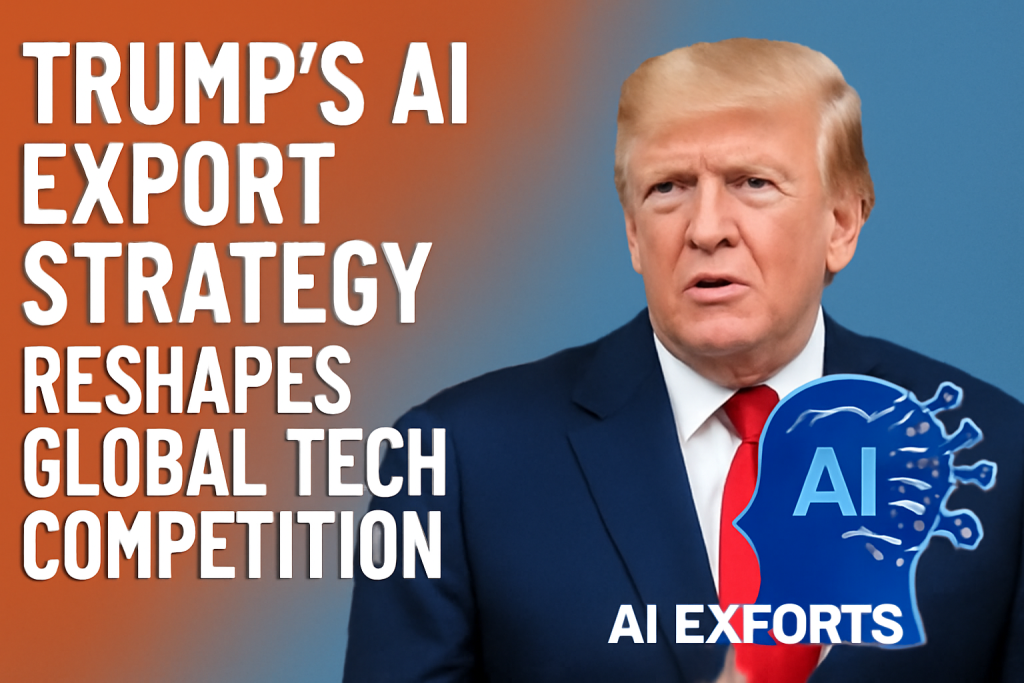United Nations Secretary-General António Guterres has issued a direct challenge to major technology companies. He wants them to commit to powering all data centres with 100% renewable energy by 2030.
This call comes as artificial intelligence drives unprecedented energy demand, a significant concern in the realm of AI energy consumption. A typical AI data centre consumes as much electricity as 100,000 homes. The largest centres now being built will use 20 times that amount.
Why It Matters Now
The energy consumption crisis in tech is accelerating rapidly. By 2030, data centres could consume as much electricity as all of Japan uses today. This massive demand threatens UN climate goals and energy stability worldwide.
Guterres presented the UN’s new energy transition report “Seizing the Moment of Opportunity” in collaboration with the International Renewable Energy Agency. The timing is critical as nations prepare new climate plans ahead of COP30 in Brazil.
“This is not sustainable. The technology sector must be out front. Today I call on every major tech firm to power all data centres with 100 percent renewables by 2030,” António Guterres, UN Secretary-General said.
Strategic Advantage for Indian Businesses
India’s position in the global tech landscape makes this transition crucial. The country is rapidly expanding its digital infrastructure and AI capabilities. Companies that adopt renewable energy early will gain competitive advantages.
Over 90% of new renewable projects now produce electricity cheaper than fossil fuel alternatives. This cost advantage will only grow stronger. Some $2 trillion was invested in clean energy in 2024, about $800 billion more than in fossil fuels.
Indian businesses can leverage this shift to reduce operational costs and attract international partnerships. Tech sustainability credentials are becoming essential for global supply chains.
Market Impact in India
The renewable energy transition is highly concentrated in advanced economies like the US, Europe, and China. Much of the developing world, including parts of India, is falling behind.
Africa made up just 1.5% of global renewable investment last year despite having 85% of people without access to electricity. Less than one in five clean energy dollars has gone to emerging markets outside China since 2016.This creates opportunities for Indian companies to lead in their regions. Early adopters can capture market share as renewable costs continue declining.
What Business Leaders Should Know
AI can boost efficiency and innovation in energy systems while remaining energy hungry. The technology offers solutions for grid management and renewable integration.
AI algorithms can forecast congestion, coordinate distributed energy resources, and optimize dispatch in real-time. Solar PV systems now use AI for granular performance optimization. Digital platforms support advanced forecasting and grid services. This help align variable renewable generation with system needs.
Risks and Considerations
Emerging geopolitical risks, including tariffs, could raise clean energy costs in the short term. Adding vast amounts of renewable capacity will make grids more volatile.
Addressing grid stability could increase costs temporarily. However, long-term forecasts show clean power costs will continue declining as technology evolves. The transition requires unprecedented scale to replace fossil fuels effectively. Countries in the Group of 20 produce most emissions and must lead ambitious efforts.
“Artificial intelligence should run completely on renewable energy by 2030 to avoid devastating climate impacts and to ensure all of its benefits can be shared equitably,” António Guterres, UN Secretary-General said.
The energy transition has reached a point of no return. The clean energy future is no longer a promise but a fact. No government, industry, or special interest can stop it.
For Indian business leaders, this represents a critical moment. Companies that align with sustainable practices can mitigate operational risks and position themselves as market leaders. The race for renewable energy adoption is not just about climate responsibility but also about competitive survival.


